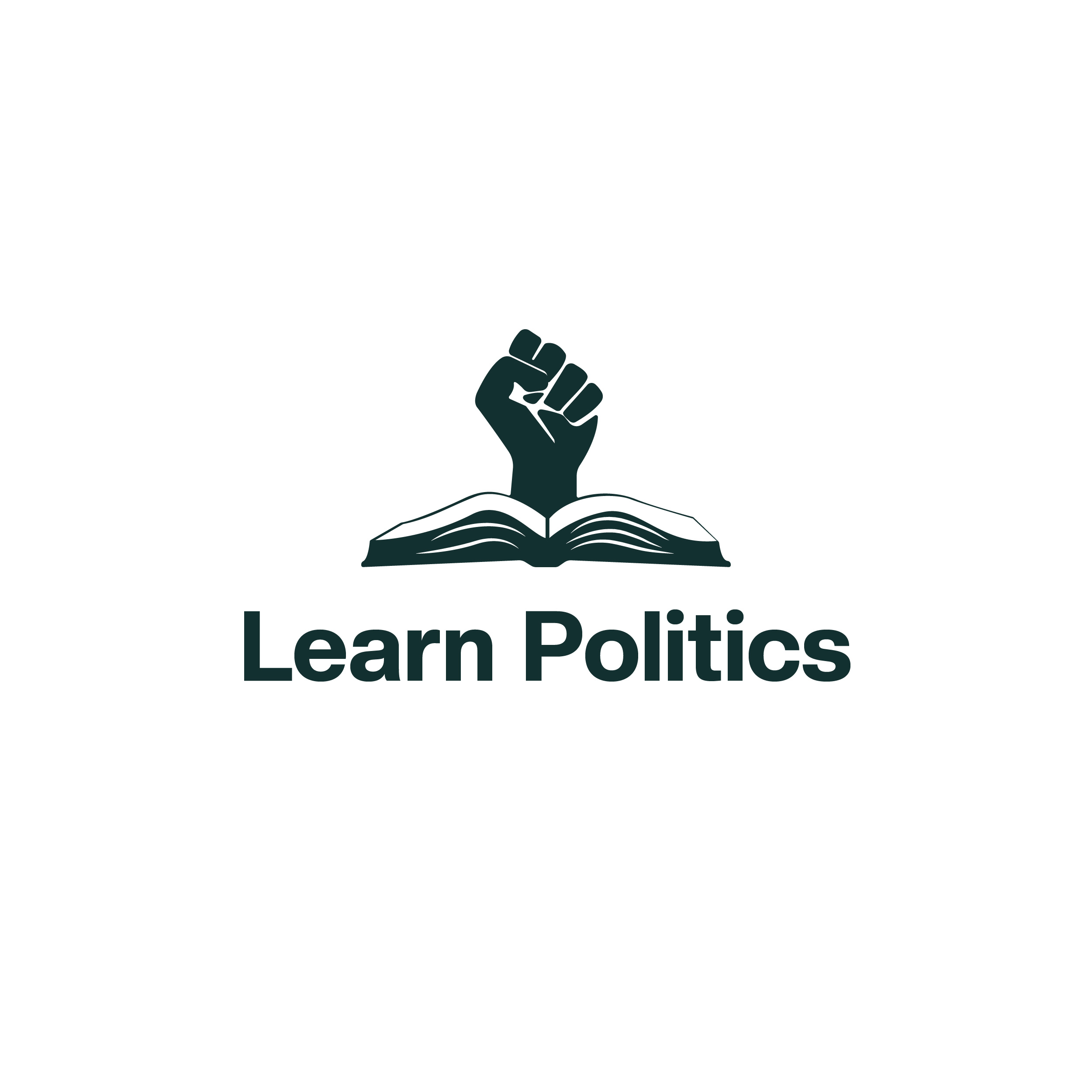
By Tobi Shotayo
One significant way democracy stands out among other forms of government is the extent to which it gives citizens a voice. It provides for several ways citizens can legally show their approval or disapproval of their government’s policies. This freedom citizens have is the foundation of democracy, and when citizens refuse to act, it puts those freedoms in jeopardy.
Nigeria’s political history is filled with examples of what it looks like when those freedoms are taken away, so our involvement in our country’s political process is no small matter, and this is built on the premise of citizen engagement. In the absence of citizens who are actively involved in governance, democracy cannot offer the advantages it is meant to deliver.
This is why political education is important, as a politically educated populace is a prerequisite for a functional democracy.
What is political education?
Political education could be said to refer to the initiatives or campaigns by different organisations to create awareness among the citizens of a nation about the political system and its operations in the country.
This can happen formally through the educational system, for example, with the teaching of subjects like civic education and government, and informally through the work of civil society organisations like Learn Politics, Poliz NG and the Electoral College amongst others.
These efforts are intended to produce a populace that is aware of the workings of the political system and participates actively in it.
In a country like Nigeria, which, according to Statista, has about 97.02% of its population under the age of 65, these people must be given a say in the running of their country. Yet there are several factors militating against youth participation in politics in Nigeria, both as candidates and as voters. For instance, the Not Too Young To Run Bill was passed in 2018 yet there are still impediments preventing young people from running for political office, like the prohibitive cost of nomination forms despite the 50% reduction for young people and women in the last elections, amongst the other costs of running a campaign in Nigeria.
As voters, young Nigerians are increasingly despairing of our political system and are increasingly unwilling to vote in elections, which resulted in the recent elections in Nigeria having one of the lowest turnouts on record at 29%, which also happened to be the lowest on the continent. This has been the trend since 2003, when we had our highest voter turnout at about 69%. Since then, we’ve been on a downward trajectory. It is this state of affairs that makes political education so important in Nigeria.
Why is political education important?
Political education is important for many reasons:
- It serves as the cornerstone of a vibrant democracy. Political education empowers citizens to navigate the complexities of governance as it cultivates citizens who are equipped to hold their leaders accountable.
- It creates informed voters: These are the lifeblood of a robust political system, and initiatives, especially those providing political education for youths, are capable of producing people who critically evaluate their government’s policies.
- Fosters civic engagement: This ensures citizens are actively involved in shaping the trajectory of their nation beyond elections, while also actively participating and providing political education for others as well.
- It cultivates a deeper understanding of political processes, thereby nurturing a populace adept at constructive discourse. As societies evolve, the need for political literacy becomes paramount to safeguarding democratic principles.
- It promotes peace. Because citizens are aware of how political processes work in the state, it will encourage them to take advantage of those processes to share their grievances rather than resorting to violence.
What is the state of political education in Nigeria?
Governmental and non-governmental organizations have both made an effort to educate Nigerians about politics. On the governmental side, the introduction of civic education as a compulsory subject for students in secondary school is a good start, as it introduces children to how elections are conducted and how the political system works generally.
For civil society organisations, it is through organising workshops and seminars and putting out courses targeted at different classes of people to educate them on how they can participate more actively to bring about the change they desire in the country. With these efforts, considerable progress has been made, but there is still quite some way to go before we see the desired changes.
Ways to get a Political Education
There are many ways a young person can get a political education in Nigeria; they include:
- From schools: Through subjects like civic education, political education has been incorporated into the Nigerian school curriculum.
- From a university: One could take a course in political science from a university for a more advanced understanding of the subject.
- Joining a political party: This is getting involved in the process and picking up a political education through practice.
- Taking advantage of initiatives by civil society organizations providing political education like Poliz NG and Learn Politics

Wow, this is an amazing article. The writer did an amazing job.